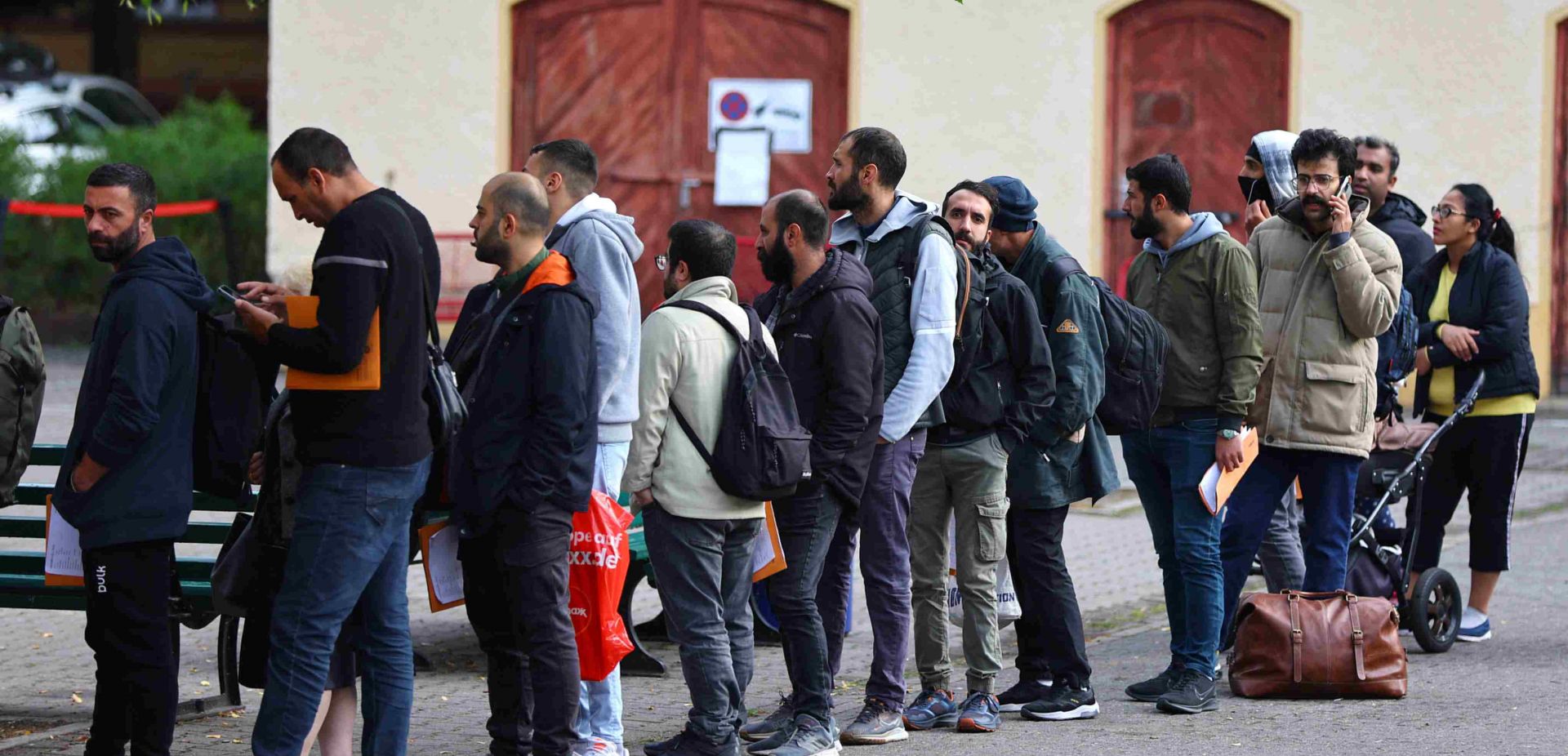In the opinion of Prof. Bogdan Musiał, it is not too late to take effective action. He believes that including the Danish model would be an opportunity to tackle the problem. – The authorities in Denmark have noticed that if the number of Muslims in a designated district exceeds 30 percent, the social situation changes; immigrants begin to introduce their Islamic orders. That's why it was decided that firstly, the Muslim communities should be fragmented and separated, then secondly, illegal immigrants should be deported, he says.
Other commentators are more pessimistic. – Some people believe, looking for example at demographic data, that it is too late – admits Tomasz Gabiś. He adds that the authorities already know that large congregations of migrants lead to forming parallel societies. However, they are unable to cope with this problem, especially in large cities such as Berlin, Hamburg or Frankfurt. – In some districts, e.g. Hamburg, as much as 90 percent of the inhabitants are not native Germans. The columnist points out that there are schools in some cities where only a few or several percent of students are German by birth and speak German,
In the past, he notes, "they talked about assimilation" of newcomers, which was rejected, and then they talked about integration. – It is still mentioned sometimes, but we actually talk about giving up on the idea of including immigrants in the German community life. To be quite realistic, this is no longer possible. Research shows that many of those incomers do not want to integrate at all, articulates Tomasz Gabiś.
Chancellor Olaf Scholz has announced restrictions on illegal migration, which is probably a reaction to the growing support of the AfD (the question is whether this will not end up with declarations). Tomasz Gabiś notes that "the quasi-opposition CDU is apparently trying to do something" in this matter. – Deliberations are ongoing. There are attempts to change the law, but it is moving very slowly because the Left (i.e. SPD and the Greens), whose ranks include many multiculturalism supporters, are unwilling to take more decisive steps. So there are ongoing discussions about laws in this area, but little comes of it, says the Germanist.
There are ideas to limit migrants' access to social benefits. – A significant part of this community lives off the welfare state. This is the factor that attracts many foreigners to come to Germany - explains Gabiś.
– – Helplessness is visible. There are no reasonable and feasible ideas, concludes Tomasz Gabiś.
Piotr Semka echoes his statement: - Germans are helpless against the problem of illegal immigration. They don't really know what to do about it.
Tomasz Gabiś draws attention to another dangerous phenomenon: the emigration of native Germans from the country: - They migrate to Canada, the United States or Switzerland. They are often qualified people. This means that people who paid more into the state budget than they benefited from are replaced by people who barely know the language and use social benefits to a large extent. He notes that, to some extent, Germany has become an emigration country.
– Łukasz Lubański
TVP WEEKLY. Editorial team and jornalists
– Translated by Katarzyna Chocian

 SIGN UP TO OUR PAGE
SIGN UP TO OUR PAGE
 The terrorist attack by Hamas on Israel on October 7, which led to the retaliatory bombing of the Gaza Strip by the Israeli army and the escalation of the conflict, added fuel to the fire. A wave of pro-Palestinian protests swept through Germany - some of them had a turbulent course of events.
The terrorist attack by Hamas on Israel on October 7, which led to the retaliatory bombing of the Gaza Strip by the Israeli army and the escalation of the conflict, added fuel to the fire. A wave of pro-Palestinian protests swept through Germany - some of them had a turbulent course of events.






